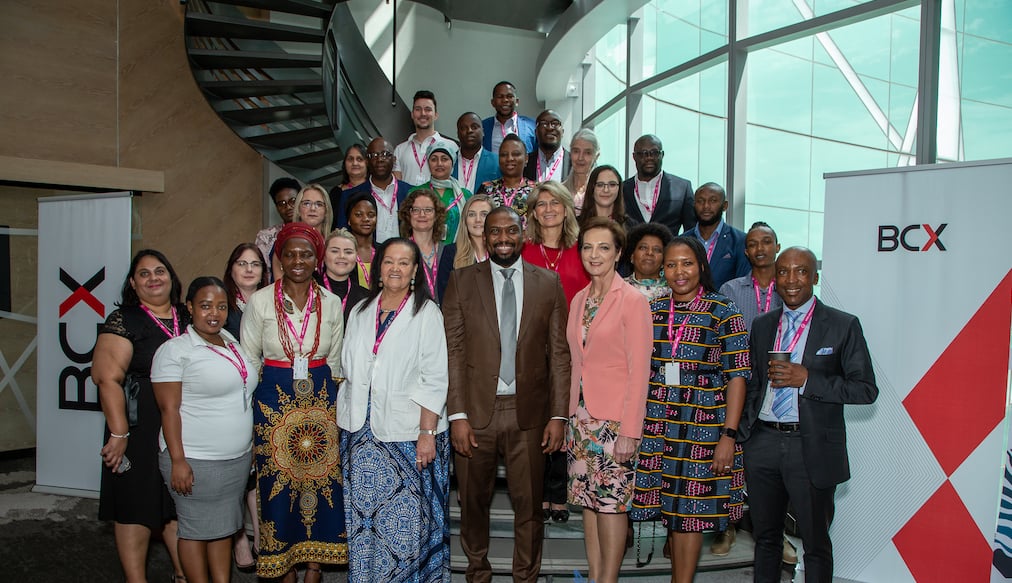The Deputy Minister of Higher Education, Science and Technology, Mr Buti Manamela, recently addressed the United Nations Week of Science and Peace Conference, a first for South Africa.
The UN’s World Science Day for Peace and Development highlights the role of science in society and the need to engage the wider public in debates on emerging scientific issues. Celebrated every year on 11 November, the day underlines the importance of science in our daily lives, and the role that scientists play in broadening our understanding of the remarkable, fragile planet we call home.
Attended by members of the public, government officials, captains of industry, civil society representatives and academics, the conference sought to bring these different sectors together in collaborations that harness science and technology to foster developmental stability.
Held under the theme “African innovative solutions for sustainable African peace and development”, the conference was a collaboration between the University of Pretoria (UP), the Department of Science and Innovation (DSI) and the DSI-National Research Foundation Centre of Excellence in Food Security.
Deputy Minister Manamela told the conference that sustainable peace on the continent had to be driven by initiatives that overcame poverty, unemployment and inequality. He said that science and technology had the potential to drive such change through strategic partnerships, which the conference aimed to initiate.
Stressing the importance of improved food security for achieving peace and development, the Deputy Minister noted that the Centre of Excellence in Food Security, with over 100 researchers across various disciplines, “focuses on identifying and developing science-based interventions and policy mechanisms to help South Africa overcome food insecurity while ensuring sound and sustainable nutrition for its citizens, in particular for poor, vulnerable and marginal communities.”
It was also against this backdrop that the DSI had established the South African Research Chairs in Meat Sciences and in Poultry Health and Production, he added. The former chair conducts research on the influence of environmental and other factors on the quality of fresh and processed meat products, while the latter focuses on South Africa’s poultry industry, with an emphasis on diseases such as avian influenza, Newcastle disease, salmonellosis and mycoplasmosis.
Prof. Stephanie Burton, Vice-Principal for Research and Postgraduate Education at UP, said the university supported the objective of creating partnerships and sharing information on research using science and technology to influence peace and development.
“There has been, for decades, the approach of looking to science to create solutions and address the world’s challenges, especially those relating to the physical world, such as water, energy, pollution and cleaning up the environment to make it a better place for everyone to live in, with the inference that having a better world will enable peace and development,” Prof. Burton said.
She noted that UP houses the South African Sustainable Development Goals (SDGs) Hub, which enables the monitoring of national progress towards achieving the SDGs.
This is an abridged version of the article originally published by the DSI. Read the full article HERE
related Articles
CoE-FS wraps up a year of engagement at Science Forum South Africa
The DSI-NRF Centre of Excellence in Food Security (CoE-FS) finished off its year of conference engagement activities at Science Forum…
Away from the precipice; toward food security as a reality for all
Photo: Ashraf Hendricks/CoE-FS. “Food security at a tipping point; are we heading for ‘Zero Food’?”. That was the question that…
Microbes: Africa’s secret weapon
Photo PhotoMIX Company/Pexels. Africa is home to a rich tapestry of cultures, landscapes, and biodiversity, and at the heart of…




